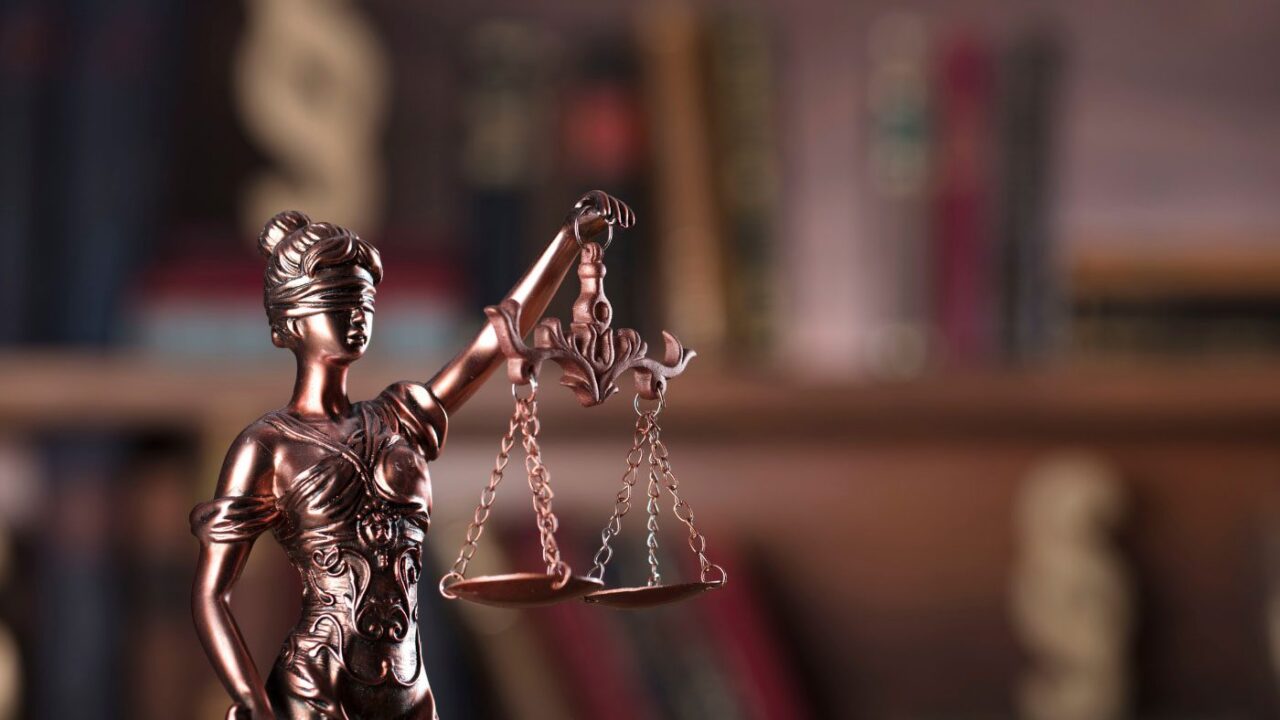Important Aspects to Consider: The Indian National Congress and the Indian Nationalist Movement were founded on the demand for fundamental rights, which are the fundamental rights. These are the fundamental freedoms that mold people’s personalities and protect minorities, economically disadvantaged groups, and other vulnerable groups. With the protection of all of his essential rights, a person is free to design his own life. “The protection of fundamental Rights is vital so that we may not walk in fear of democracy itself,” Judge Hidayatullah eloquently stated. It is essential to uphold democratic ideals. These Basic Rights have been kept as far away from Parliament as possible by our Constitution. The court will declare unenforceable any legislation passed by Parliament that appears to violate the fundamental rights of the populace. As a result of the Constitution’s declaration that they are “justiciable,” anyone whose fundamental rights have been violated by the government may file a lawsuit. Additionally, they are given precedence over the non-justiciable Directive Principles of State Policy, and it is stipulated that the fundamental rights cannot be restricted in order to enforce the Directive Principles of State Policy. Via a number of precedents, the Court in this case has underlined the significance of basic rights: They were referred to as “paramount” in A.K. Gopalan v. State of Madras (1950) and “sacrosanct” in Champakam Dorairajan v. State of Madras (1950). They were defined as “rights reserved by the people” in Pt. M.S.M. Sharma v. Shri Sri Krishna Sinha (1958), “inviolable and inalienable” in Smt. Ujjam Bai v. State of U.P. (1961), and “transcendental” in other cases, which means that even a unanimous bill cannot be passed if it renounces fundamental freedoms.
Facts of the Case: At Jalandhar, Punjab, Henry and William Golaknath’s family owned more than 500 acres of farmland. The government determined that the brothers could only keep thirty acres each, that a few acres would go to renters, and that the remaining acres were surplus under the Punjab Security and Land Tenures Act. The Golaknath family argued against this in court. In 1965, the Supreme Court was also asked to hear this case. The family filed a challenge under Article 32 contesting the 1953 Punjab Act on the grounds that it violated their constitutional rights to own property, engage in any occupation, and be treated equally before the law (Article 19(f) and (g)) (Article 14).
Judgment of the Case: In this particular case, the supreme court had the biggest bench ever at the moment. The petitioners were favoured by the majority (6:5) in the verdict. The majority judgement was written at the time by the CJI in collaboration with other judges (J.C. Shah, S.M. Sikri, J.M. Shelat, and C.A. Vaidiyalingam). Judge Hidayatullah issued a separate opinion because he concurred with Chief Justice Subba Rao. While Justices R.S. Bachawat and V. Ramaswami each filed a distinct minority opinion, Justices K.N. Wanchoo, Vishistha Bhargava, and G.K. Mitter all wrote a single minority opinion. Golakh Nath’s majority opinion reveals scepticism in their hearts over the direction the parliament was taking at the time. The majority questioned if Sajjan Singh’s continued rule would lead to a period when all fundamental rights enacted by our constituent assembly would be modified. Considering the issue of fundamental rights and worrying that democratic India could transition into a dictatorial India. Thus, Sajjan Singh and Shankari Prasad were overridden by the majority. The overwhelming majority claimed that the parliament lacked the authority to alter fundamental rights. Certain rights are protected by fundamental protections that are exempt from parliamentary action. Thus, the majority decided that parliament cannot modify the fundamental rights entrenched in Part III of the Indian Constitution in order to protect democracy from the dictatorial actions of the legislature. The majority of respondents claimed that natural and fundamental rights are equivalent. These rights are crucial for a person’s growth and development.
“PRIME LEGAL is a full-service law firm that has won a National Award and has more than 20 years of experience in an array of sectors and practice areas. Prime legal fall into a category of best law firm, best lawyer, best family lawyer, best divorce lawyer, best divorce law firm, best criminal lawyer, best criminal law firm, best consumer lawyer, best civil lawyer.”
Judgment Reviewed by Kushala Simha


